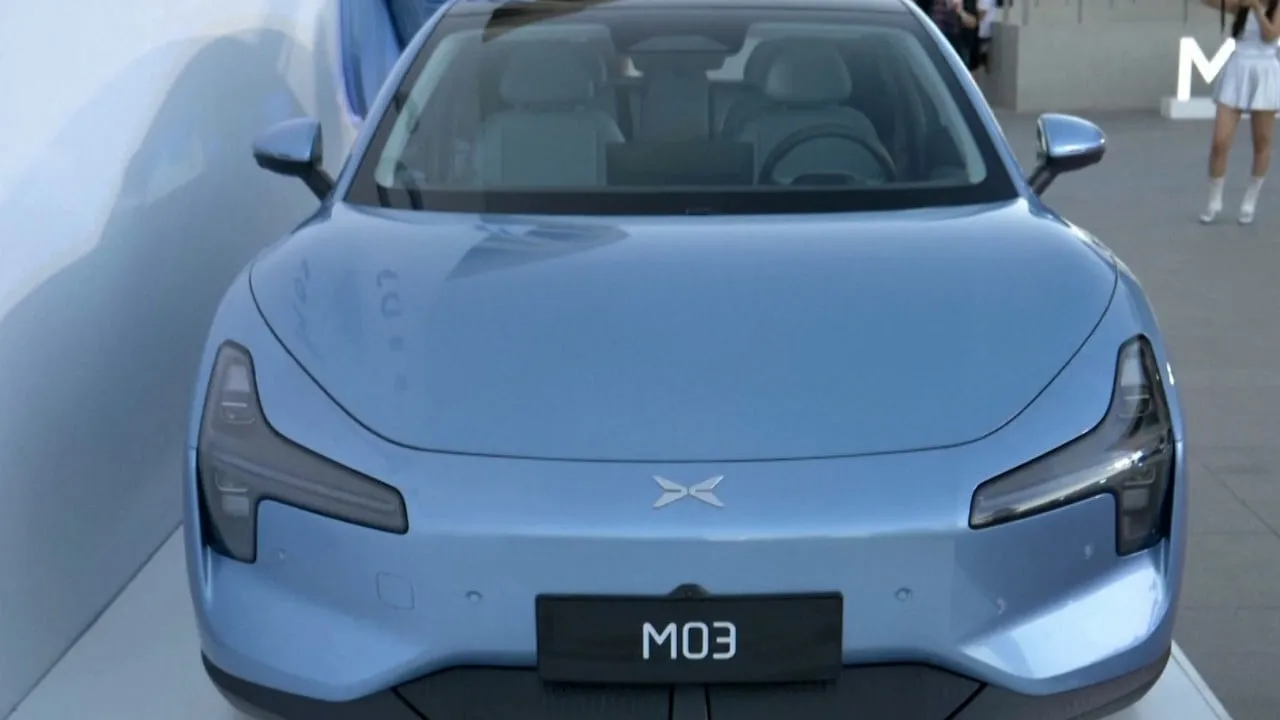Understanding the China Economy Amid the US-China Trade War

The China Economy: An Overview
Jin Keyu, a prominent economist, sheds light on the China economy as it navigates the complexities of the US-China trade war. Contrary to popular belief, she suggests this conflict may push China towards important reforms.
Trade Relations and Their Implications
Through her analysis, Jin emphasizes the significance of China trade policies in maintaining economic resilience. The China manufacturing sector has shown remarkable adaptability, driven by both governmental and private sector cooperation.
Industrial Policies and Local Government Roles
- Industrial subsidies play a crucial role in advancing local governments’ economic agendas.
- The collaboration between state and private enterprises strengthens China's production capabilities, especially in renewable energy and electric vehicles.
Future Directions for China's Economy
To escape the middle-income trap, urgent reforms are necessary in the financial system and labor mobility. Jin articulates that enhancing the black box of innovation in China is central to its long-term growth.
Global Economic Relations
With an emphasis on collaboration over competition in green energy, Jin believes that China and Western nations face an opportunity to reshape their relationships. As both countries are interconnected, the potential for joint ventures remains significant.
Conclusion: The Road Ahead
As the China economy adapts to global changes, the narrative surrounding the trade war will continuously evolve. The insights of thought leaders like Jin Keyu can illuminate pathways towards mutual understanding and progress.
This article was prepared using information from open sources in accordance with the principles of Ethical Policy. The editorial team is not responsible for absolute accuracy, as it relies on data from the sources referenced.